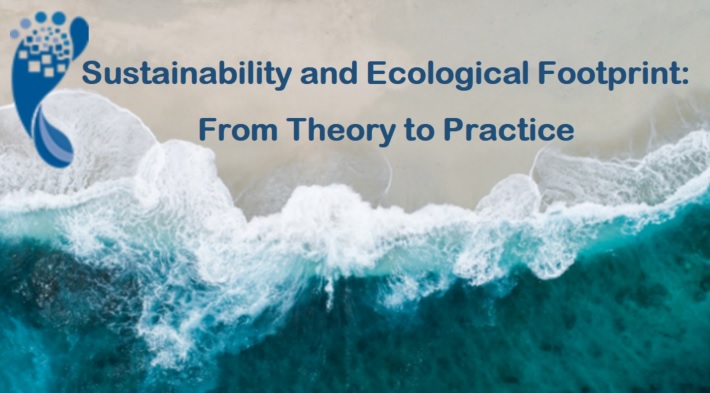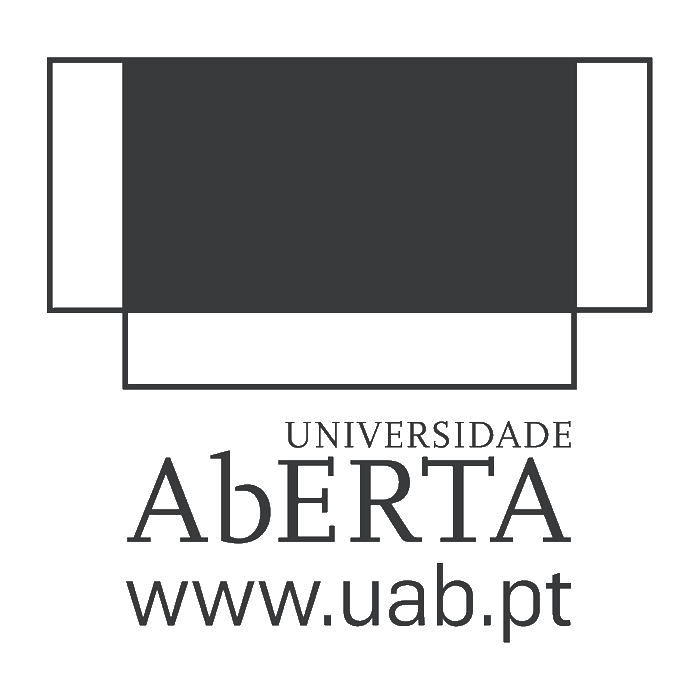Oferta Pedagógica - Sustainability and Ecological Footprint: From Theory to Practice
 Nível 2
Nível 2
The MOOC allows you to acquire knowledge on the concept of sustainability and the Ecological Footprint, by using examples and contexts from real life. It also helps you to understand what approaches can you make to address the global sustainability issue.
Partnership: Aristotle University of Thessaloniki, Universidade Aberta, University of Aveiro, University of Siena, and Global Footprint Network.
Overview
The concept of sustainability helps to identify the possible ways in which we can live on our planet – the only one we have – in harmony with nature and other people and communities. This MOOC focuses on promoting sustainability and responding to the most urgent issues in the field of sustainability and Sustainable Development Goals (SDGs) by using examples and contexts from real life. Allied to this, the concept of Ecological Footprint (EF) is introduced in this MOOC to create consciousness and guide individuals through the knowledge-awareness-action journey toward sustainability.
Given the important role of Higher Education Institutions (HEI) in the transformative shift of values and actions toward sustainability, this MOOC also presents the main aspects of sustainability in HEI to incorporate the sustainability values in all HEI missions and practices.
Outcomes
By the end of this MOOC, you will be able to recognize why sustainability is an important issue, and how the SDGs and sustainability link with the EF concept. Also, you will learn how your daily actions impact the surroundings and how you should promote a lifestyle compatible with a single planet and sustainability concept.
Target Group
The course is available to everyone that wants to know more about the topic for professional, academic, or personal reasons, especially students from both graduate and undergraduate levels, educators in all courses and degree types, the university administrative staff, and the public in general who are interested in the subject.
Working language
English (the entire course is developed in English).
Program
This MOOC is divided into 6 following topics:
Topic 1 - Introduction to Ecological Overshoot, Sustainability, and SDGs
Topic 2 - Connecting your daily life with SDGs
Topic 3 - Introduction to Ecological Footprint
Topic 4 - Your Personal Ecological Footprint
Topic 5 - HEI: Sustainability aspects and assessment tools
Topic 6 - HEI: Sustainability best practices
Authorship
Prof. Sandra Caeiro (UAb, CENSE/FCT NOVA)
Prof. Paula Bacelar Nicolau (UAb)
Dr. Mahsa Mapar (UAb, CENSE/FCT NOVA)
Calendar
This MOOC has a duration of 7 weeks. The 1st edition of the MOOC has been carried out between May 16 to July 3, 2022, in a tutoring system. Currently, the tutoring system and the associated forums for activities are closed, however, the participants can still register for this edition and study the educational materials in a self-study format (without tutoring and forums).
Certification
This MOOC does not offer certification in a self-study format.Thematic areas
Nature and Environment
Sustainability
Ecological Footprint
Higher Education Institutions
Workload Estimate
This training course is estimated for 50 hours overall, corresponding to approximately 7 hours per week.
Level 2 - Intermediate
Partnership
“Sustainability and Ecological Footprint: From Theory to Practice” is an open online course output of the EUSTEPs Project (Enhancing Universities Sustainability TEaching and Practices): https://www.eusteps.eu/, funded by European Project Erasmus+ led by Aristotle University of Thessaloniki, and the project partners: Universidade Aberta, University of Aveiro, University of Siena, and Global Footprint Network.
Project number 2019-1-EL01-KA203-062941. The European Commission support for the production of this publication does not constitute an endorsement of the contents which reflect the view of the authors only. The Commission, along with the National Authority (IKY), cannot be held responsible for any use which may be made of the information contained therein.

 Se
pretender aprofundar os temas apresentados ou outras áreas do
conhecimento, a Universidade Aberta oferece-lhe um conjunto alargado de
possibilidades formativas, de acordo com os seus interesses.
Se
pretender aprofundar os temas apresentados ou outras áreas do
conhecimento, a Universidade Aberta oferece-lhe um conjunto alargado de
possibilidades formativas, de acordo com os seus interesses.Explore também:
Aprendizagem ao longo da vida (ALV):

